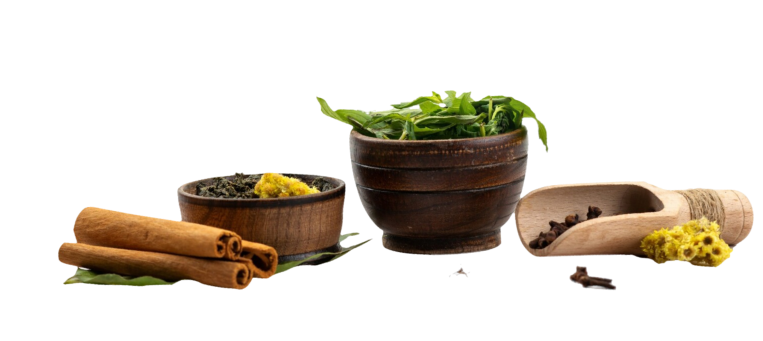Services 



Naturopathic medicine is a system that uses natural remedies to help the body heal itself. It embraces many therapies, including herbs, massage, acupuncture, exercise, and nutritional counselling.
The goal of naturopathic medicine is to treat the whole person -- that means mind, body, and spirit. It also aims to heal the root causes of an illness -- not just stop the symptoms.
A naturopathic doctor may spend 1 to 2 hours examining you. They’ll ask questions about your health history, stress levels, and lifestyle habits. They may order lab tests.
Afterwards, they will typically discuss your personal health plan. Naturopathic medicine focuses on education and prevention, so your doctor may give you diet, exercise, or stress management tips. They might use complementary medicine -- like homeopathy, herbal medicine, and acupuncture -- in addition to naturopathic treatments. They may also use touch, such as massage and pressure, to create balance in your body. This is called naturopathic manipulative therapy.
Yoga is essentially a spiritual discipline based on an extremely subtle Science which focuses on bringing harmony between mind and body. It is an art and science for healthy living. The word "Yoga" is derived from the Sanskrit root yuj meaning "to join", "to yoke" or "to unite".
According to Yogic scriptures, the practice of Yoga leads to the union of individual consciousness with universal consciousness. According to modern scientists, everything in the universe is just a manifestation of the same quantum firmament. One who experiences this oneness of existence is said to be "in Yoga" and is termed as a yogi who has attained a state of freedom, referred to as Mukti, nirvāna, kaivalya or moksha.
"Yoga" also refers to an inner science comprising of a variety of methods through which human beings can achieve union between the body and mind to attain self-realisation. The aim of Yoga practice (sādhana) is to overcome all kinds of sufferings that lead to a sense of freedom in every walk of life with holistic health, happiness and harmony.
Yoga and naturopathy are medicinal systems that aim to promote health and prevent and treat illness by addressing the mind, body, and spirit:
YogaA Hindu philosophical tradition that focuses on the physical, mental, and spiritual well-being of the human body. Yoga practices include yoga asanas (postures), pranayama (breathing techniques), and meditation. Yoga can help improve circulation, manage the senses, and promote a sense of tranquillity.
NaturopathyA natural-principles-based healing concept that emphasizes the body's ability to heal itself. Naturopathy treatments include herbal medicine, nutrition, hydrotherapy, lifestyle counselling, acupuncture, acupressure, fasting therapy, mud therapy, chiropractic, and osteopathy. The World Health Organization (WHO) is working to recognize yoga and naturopathy as scientific treatments.
Ayurveda (a Sanskrit word that means "science of life" or "knowledge of life") is one of the world's oldest whole-body healing systems. It was developed more than 5,000 years ago in India.
Ayurveda is based on the belief that health and wellness depend on a delicate balance between the mind, body, spirit, and environment. The main goal of ayurvedic medicine is to promote good health and prevent, not fight, disease. But treatments may be geared toward specific health problems.
An ayurvedic practitioner will create a treatment plan specifically designed for you. They’ll take into account your unique physical and emotional makeup, and your primary and secondary doshas. They will use that information to work toward the goal of treatment, which is to bring your mind and body into balance.
There are several tools used in ayurvedic medicine to help you create harmony, avoid disease, and treat conditions you may have. These include:
Nutrition is the process by which living organisms obtain and use food and nutrients to maintain health, growth, and proper functioning. It involves the intake of essential substances from food, such as carbohydrates, proteins, fats, vitamins, minerals, and water, which are required by the body for energy, building and repairing tissues, and supporting various bodily functions.
Here are the key components of nutrition:
Good nutrition supports overall health, boosts immunity, helps prevent chronic diseases (like diabetes, heart disease, and obesity), and ensures the body's systems function properly. A balanced diet that includes a variety of foods in appropriate proportions is key to achieving optimal nutrition.
We LIFE SEED focusses on Deficiencies (Malnutrition) etc….
We also focus on different therapies from Yoga, Naturopathy, Nutrition etc….
We will be conducting
